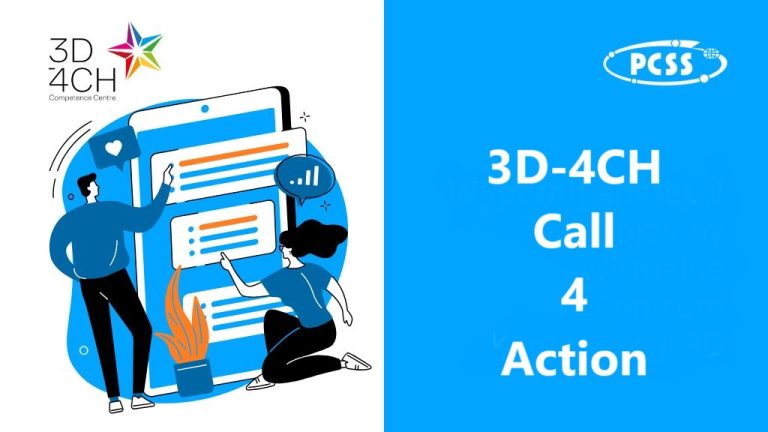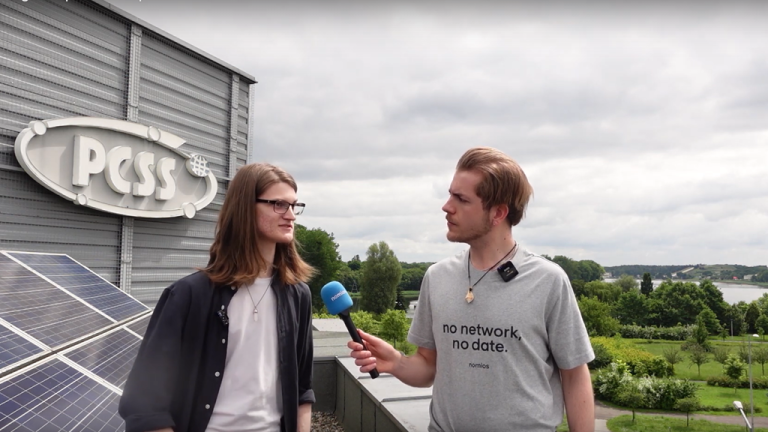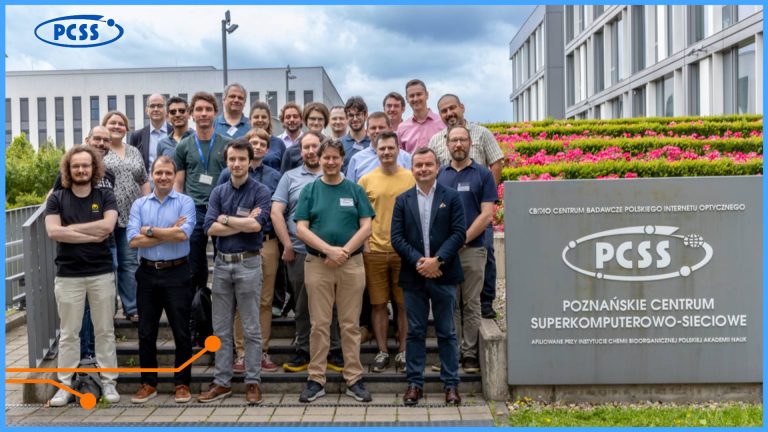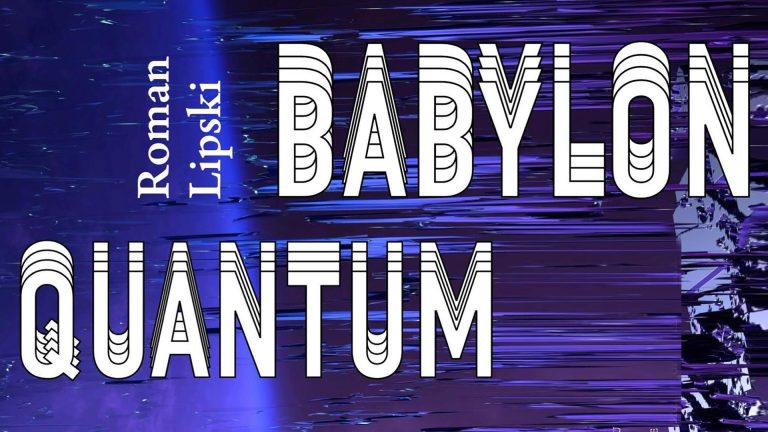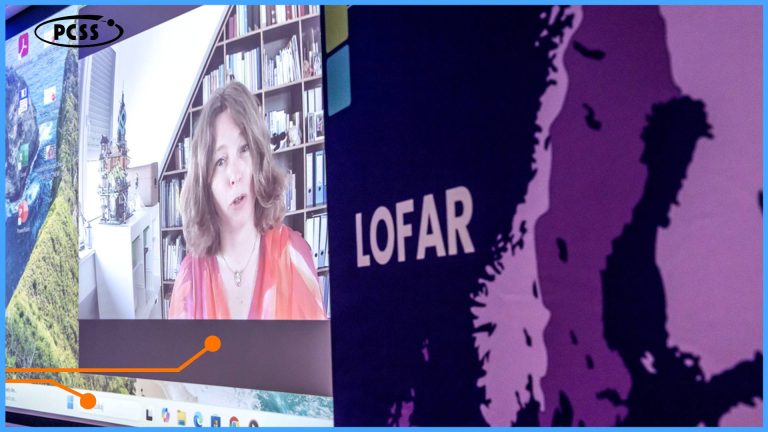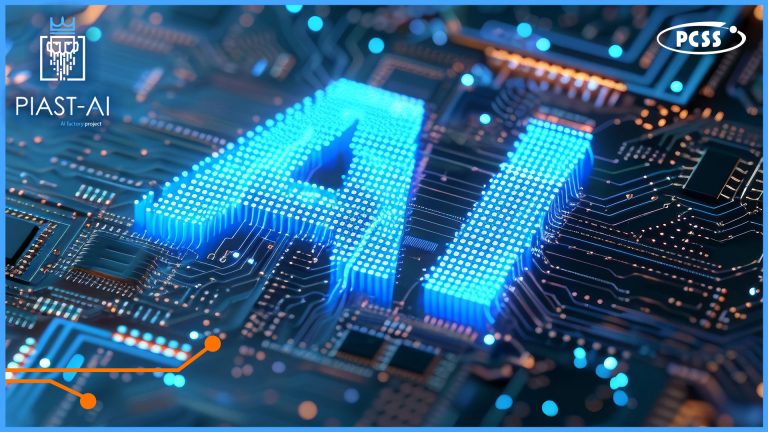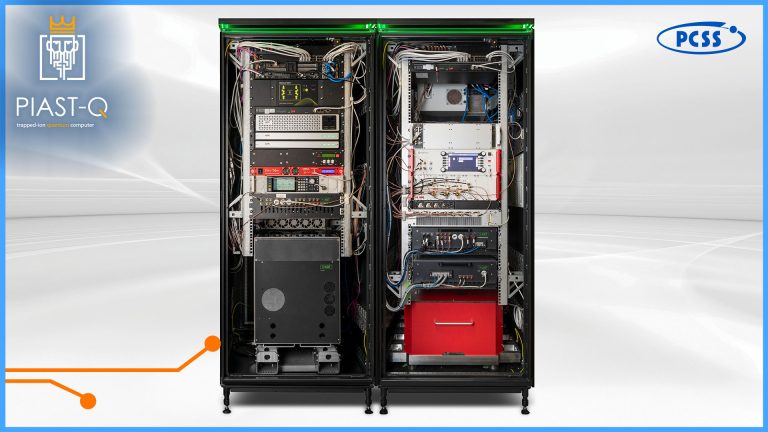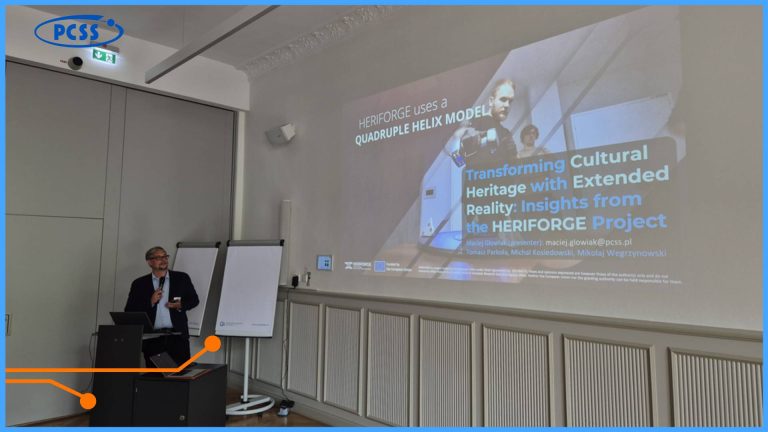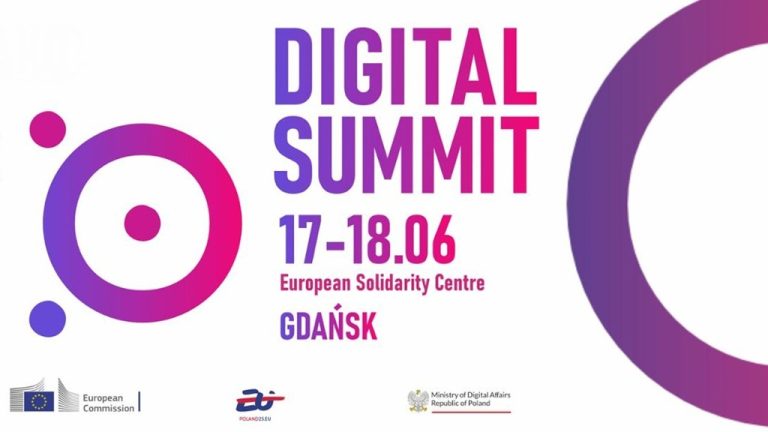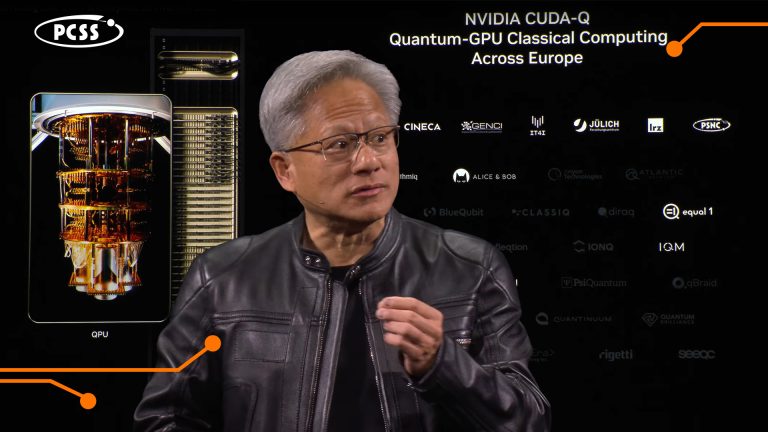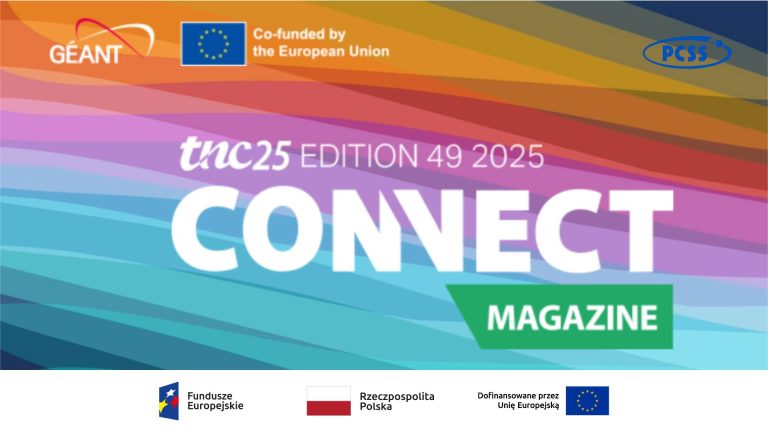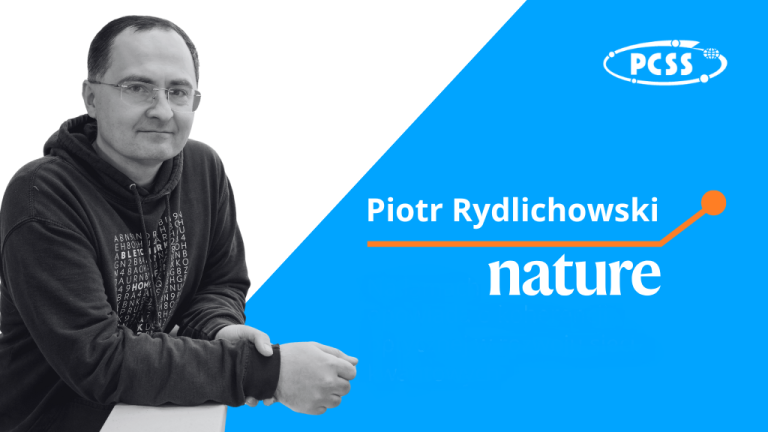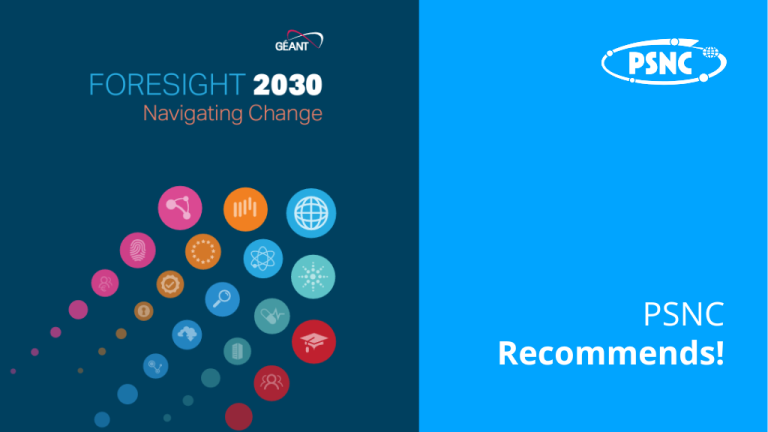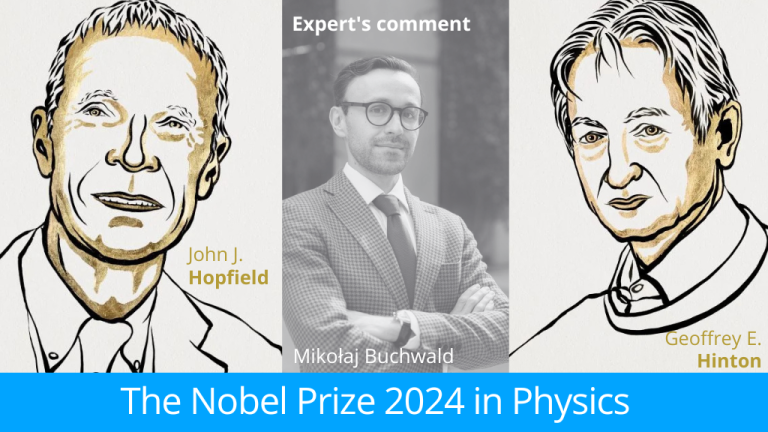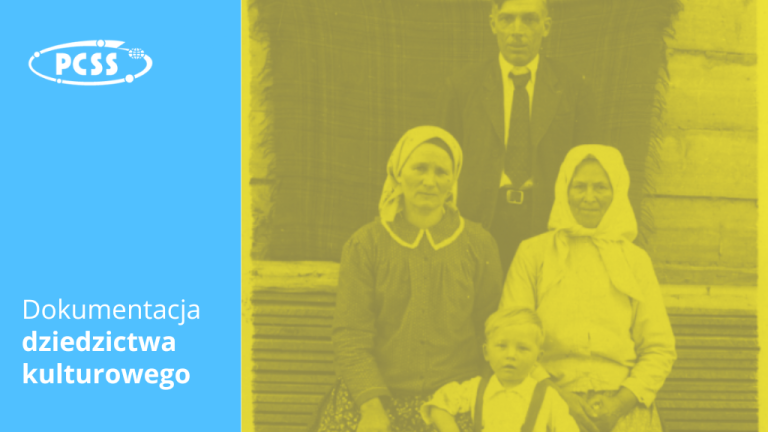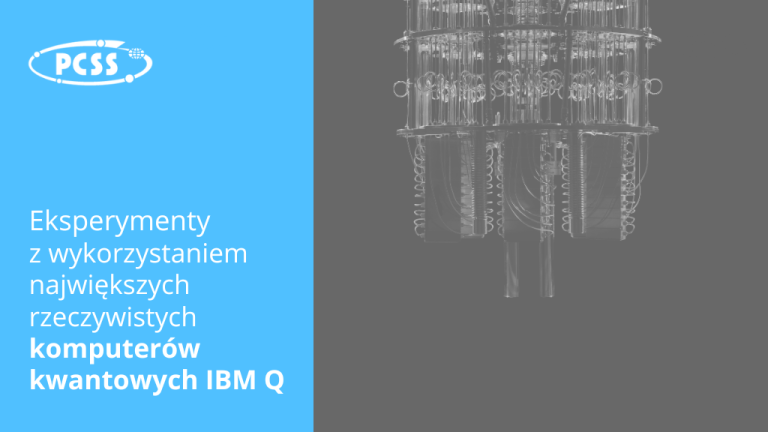After a year full of challenges, Intel, together with the Orange Foundation and PSNC, completed the next edition of the Intel® AI for Youth program in Poland, celebrating the achievements of students and teachers during the virtual finals. The partners involved in the training are the Polish National Educational Network, the Information Society Development Foundation, the PIONIER Research & Classroom Consortium Educators Network and the Zwolnieni z Teorii Foundation.
The finished edition of the program was exceptional, it was carried out entirely remotely. Thanks to the involvement of all parties, 19 teachers participated in the AI coach training, over 200 students were trained in the Intel® AI for Youth methodology and created 26 original social projects. 12 projects, which were under the supervision of mentors from Intel, for a period of one month, qualified for the final of the competition. After the second round of evaluation, the 5 best projects were selected, 2 of which won the main prizes:
• First prize in the competition – “Mike The Glove”, a project created by students from Kazimierz Wielki Secondary School in Koło. The project presents a vision of an ecosystem of tools that makes it easier for people with disabilities to perform certain activities through automation.
• 2nd prize in the competition – “Biometrics based on ECG”, a project created by a student from the Secondary and Technical School Complex No. 1 in Warsaw. The project uses neural networks to biometrically identify a person based on the ECG signal alone.
• Honorable Mention – “Tiredness as a plague of today’s world – user detection and analysis”, a project created by a student from Nicolaus Copernicus Secondary School in Iłża. The project is a fatigue detector that aims to recognize the user asleep through data analysis.
• Honorable Mention – “BreedSelector – Intelligent selection of a dog breed based on an interview”, a project created by students from the Mechanical and Electrical School Complex in Tarnów. “BreedSelector” is an application that uses artificial intelligence algorithms to select the appropriate breed of dog to the needs and capabilities of the user on the basis of a survey.
• Honorable Mention – “Bike4Map”, a project created by students from the Technical School Complex in Płock and the Tadeusz Kościuszko Secondary School in Płock. in Gostynin. “Bike4Map” is an application for cycling enthusiasts which, in cooperation with the website, searches for bicycle routes of various levels of difficulty, level of elevation, length and type of surface in Poland.
“We are very grateful to teachers and students for making additional efforts in the era of remote education to promote the competences of the future. Congratulations to students for excellent projects using artificial intelligence and teachers for courage in acquiring new competences “- Bartosz Ciepluch, Vice President, Intel.
Intel® AI for Youth is a global program initiated in Poland, aimed at secondary school students, whose aim is to demystify and democratize access to artificial intelligence. Currently, the program is being implemented in 15 countries around the world, but it was inititated in Poland. The pilot program was carried out in 2019 and 100 students from secondary schools in Poznan and Gdansk participated in it. The official end of the pilot program and the awarding of prizes for the best student projects using artificial intelligence took place in December 2019 at the Ministry of Development.
At the same time, Intel is constantly working with organizations supporting modern education in Poland to further scale the program. After the summer holidays, further, ambitious projects related to the implementation of education on artificial intelligence in Polish schools will be announced.
The Intel® AI for Youth program is part of Intel’s 2030 social commitment, where Intel is committed to partnering with governments in 30 countries and 30,000 institutions around the world, and to conduct trainings of over 30 million people in artificial intelligence.
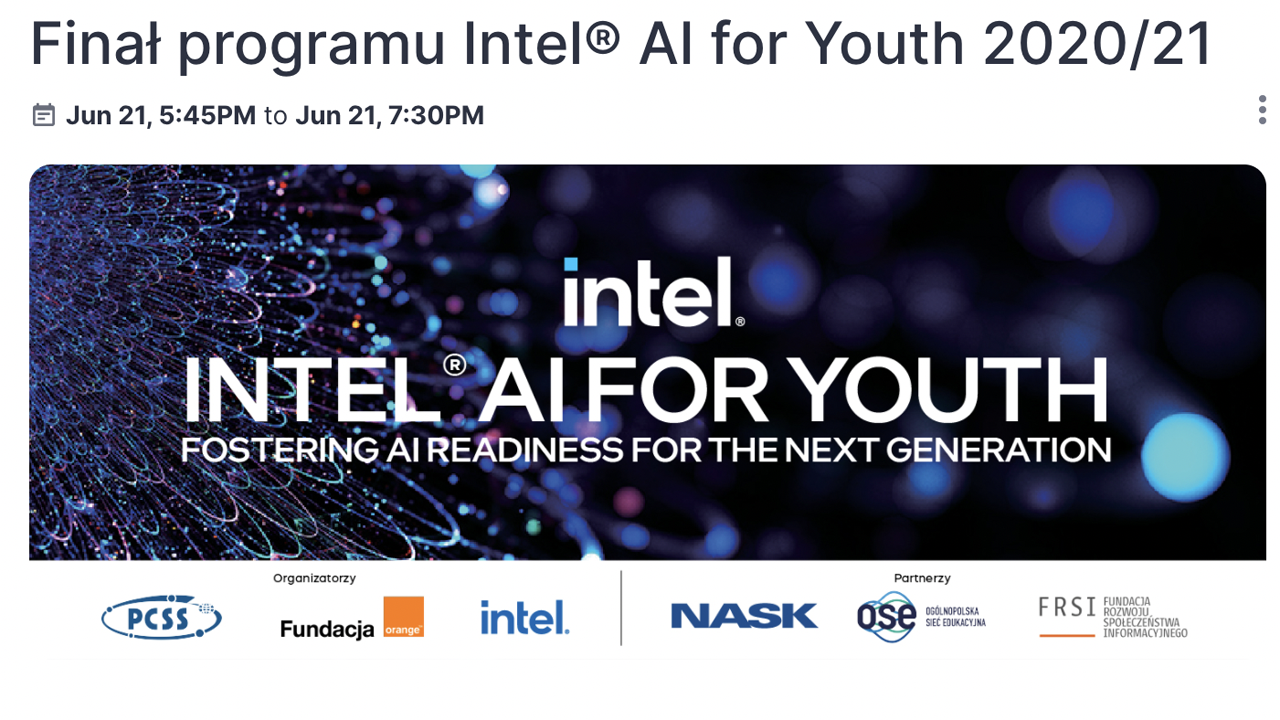
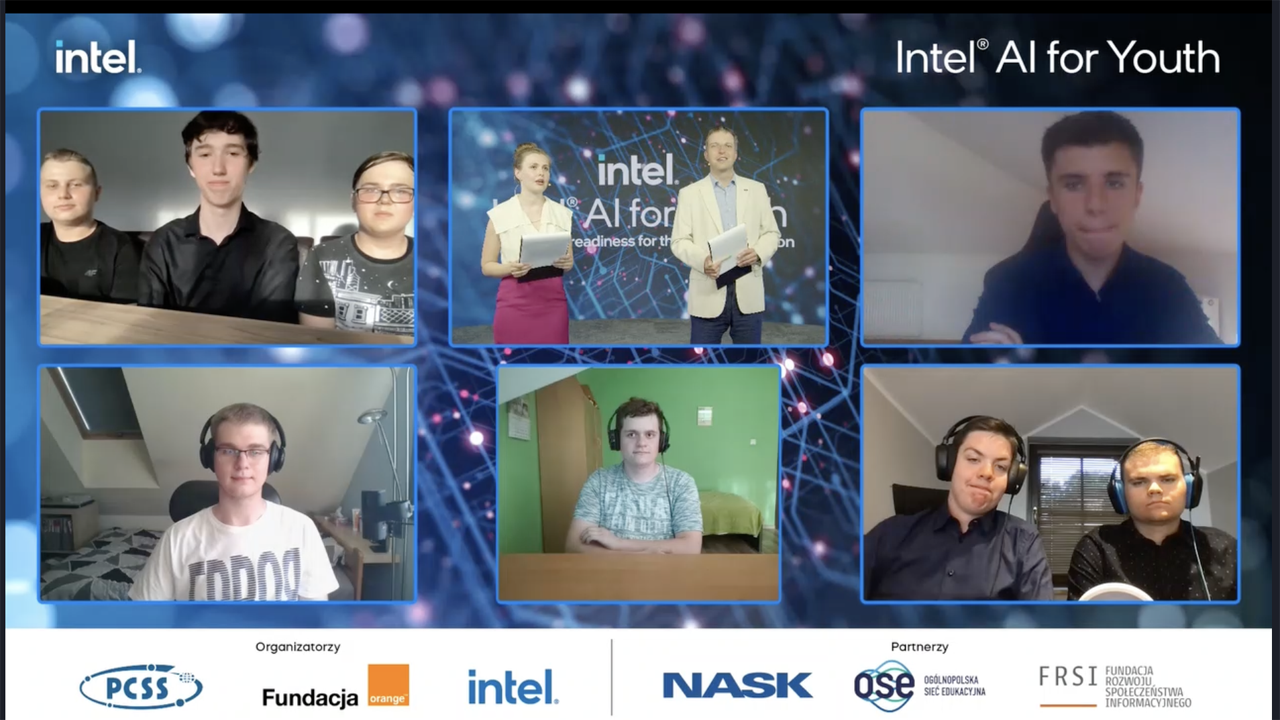
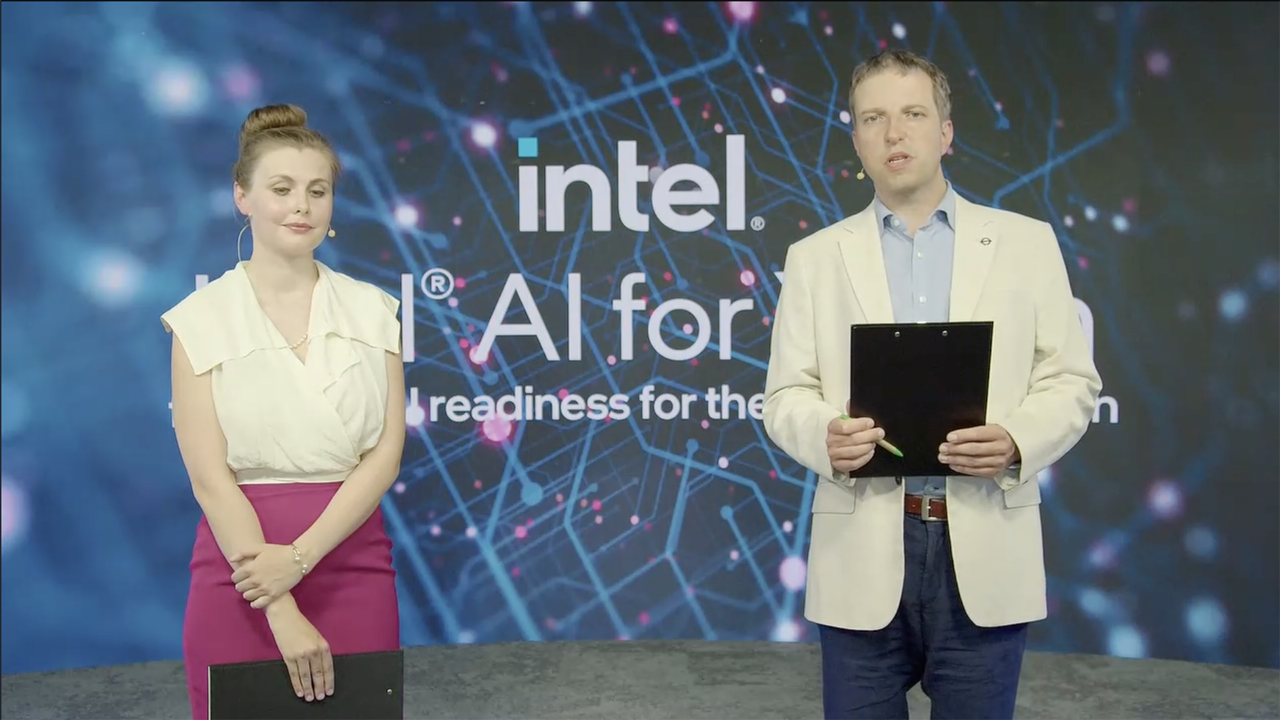
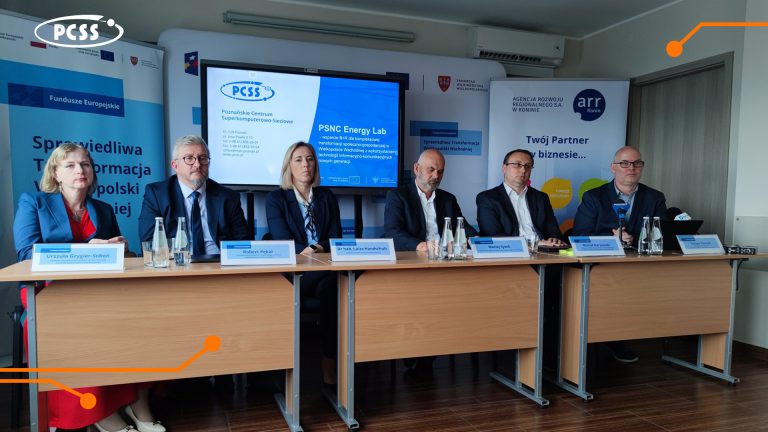
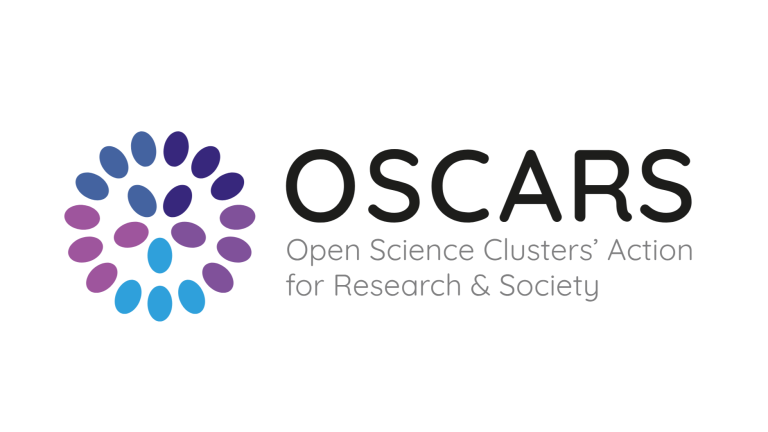

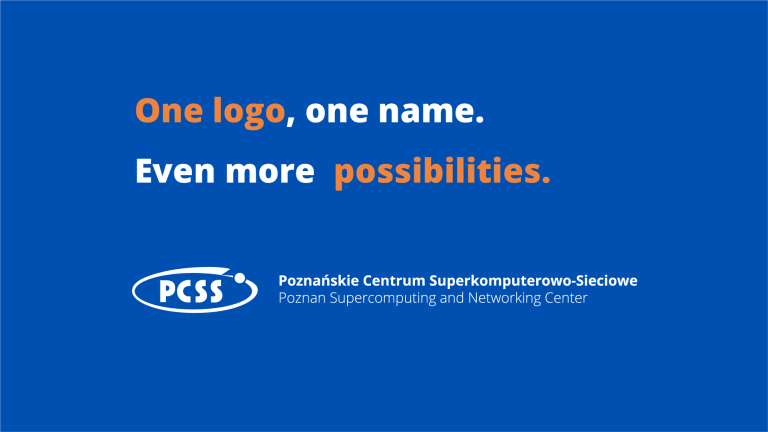
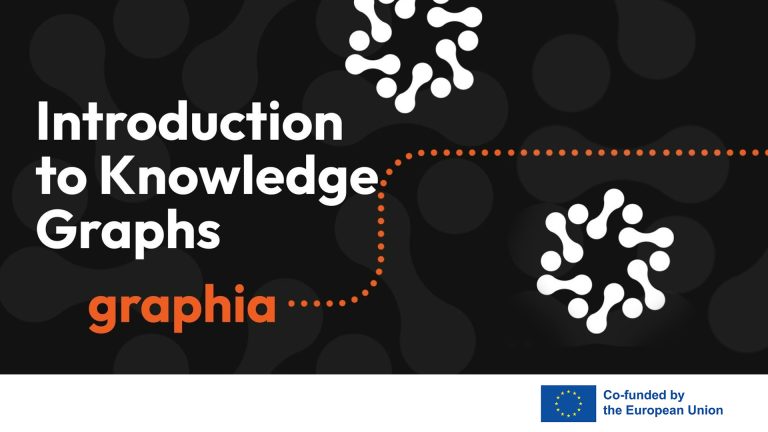
![The image displays the word "LUMEN" in a stylized, outlined font, with different letters connected by lines and arrows to various academic disciplines. The letters "L" and "U" on the left are linked to "Mathematics [Maths]" and "Social Sciences and Humanities [SSH]," while the letters "M," "E," and "N" on the right are associated with "Earth System Science [ESS]" and "Molecular Dynamics [MD]." The overall design suggests an interconnectedness of these fields, potentially illustrating the interdisciplinary nature of something represented by "LUMEN".](https://www.psnc.pl/files/2025/05/lumen2_EN-768x432.jpg)
